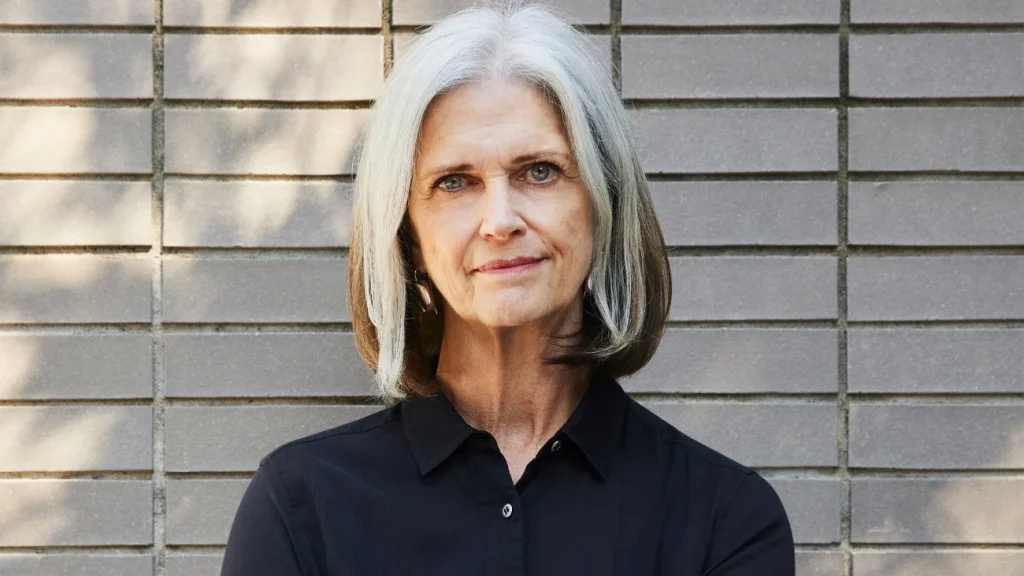Deborah Berke, an architect and academic, has been named the recipient of the 2025 AIA Gold Medal by the American Institute of Architects (AIA). This prestigious award recognizes an individual or pair whose substantial body of work has made a lasting impact on the theory and practice of architecture. She has combined design excellence, academic leadership, and a commitment to social and environmental responsibility.
Berke’s approach to architecture celebrates the extraordinary within the ordinary, a philosophy encapsulated in her seminal book The Architecture of the Everyday (1997). Her projects embody this ethos, ranging from intimate homes like the Tiny House in East Hampton to adaptive reuse landmarks such as NXTHVN in New Haven, an arts incubator revitalizing former factory buildings. Across a diverse portfolio, her work balances modern aesthetics with vernacular sensitivity, showcasing how design can enrich daily life while fostering community and care.
Her practice has consistently prioritized adaptive reuse, transforming historic structures into vibrant, functional spaces. Projects like the 122 Community Arts Center in New York and the Richardson Olmsted Complex in Buffalo illustrate her dedication to preserving and enhancing architectural heritage. Her design for the 21c Museum Hotels reimagines disused buildings into unique cultural destinations, integrating contemporary art with hospitality to catalyze urban revitalization.
Berke’s commitment to sustainable design is evident in projects such as the Dickinson College High Street Residence Hall, which achieved LEED Platinum certification, and the Brown University Brook Street Residence Halls, contributing to the university’s net-zero carbon goals. Her work not only integrates environmentally conscious strategies but also emphasizes the social dimension of sustainability, creating spaces that promote equity and inclusivity.
As an educator, Berke has profoundly influenced architectural pedagogy. At Yale, she has advanced financial aid initiatives, increased accessibility, and championed interdisciplinary programs, making architecture education more inclusive. Her tenure as dean has been recognized with the AIA/ACSA Topaz Medallion, the highest honor for architectural education, reflecting her role in shaping future generations of architects.





